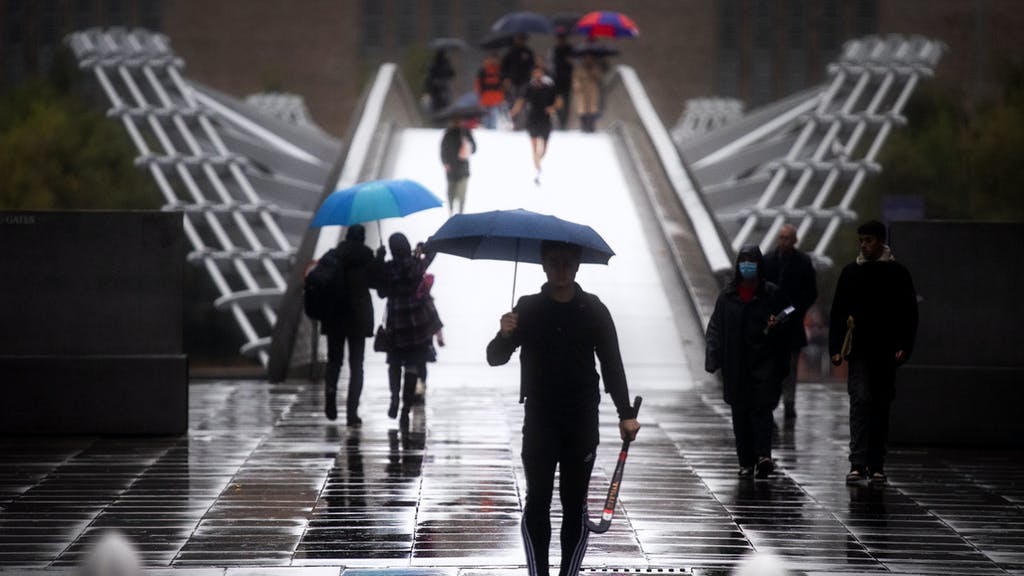Economic Recovery Slows Down As New Restrictions Bite, Data Shows

Growth in the UK’s private sector slowed from its high post-lockdown levels this month as new restrictions started to bite on the economy.
Experts said hospitality and transport companies struggled most to hold on to growth as they were hit by new regional lockdowns.
The closely watched IHS Markit/CIPS Flash UK Composite PMI data showed a reading of 52.9 so far in October. The measure was 56.5 at the end of September.
The figure for October is preliminary, based on responses from around 85% of the usual survey replies. Any score over 50 is considered to show growth in the market.
An average of predictions compiled by Pantheon Macroeconomics had forecast a score of 54.
“The pace of UK economic growth slowed in October to the weakest since the recovery from the national Covid-19 lockdown began,” said Chris Williamson at IHS Markit, which collects the data.
“The slower growth of output, the renewed fall in demand and further deterioration in the labour market suggest the economy started the fourth quarter on a weakened footing.”
He added that companies abroad have been stockpiling British goods ahead of the Brexit deadline at the end of the year. Without this extra buying the slowdown would have been even more pronounced.
Duncan Brock, who works on the survey for CIPS, said: “Where some businesses were largely unaffected or were able to recoup losses quickly following the worst of the pandemic, consumer-facing businesses were the worst hit and some are now concerned about the prospect of total ruin.
“Either unable to fully open or tempt customers through the doors, hospitality firms saw their hands tied by further lockdown restrictions, safety measures for staff and customers, and the public more reluctant to leave their homes.”




